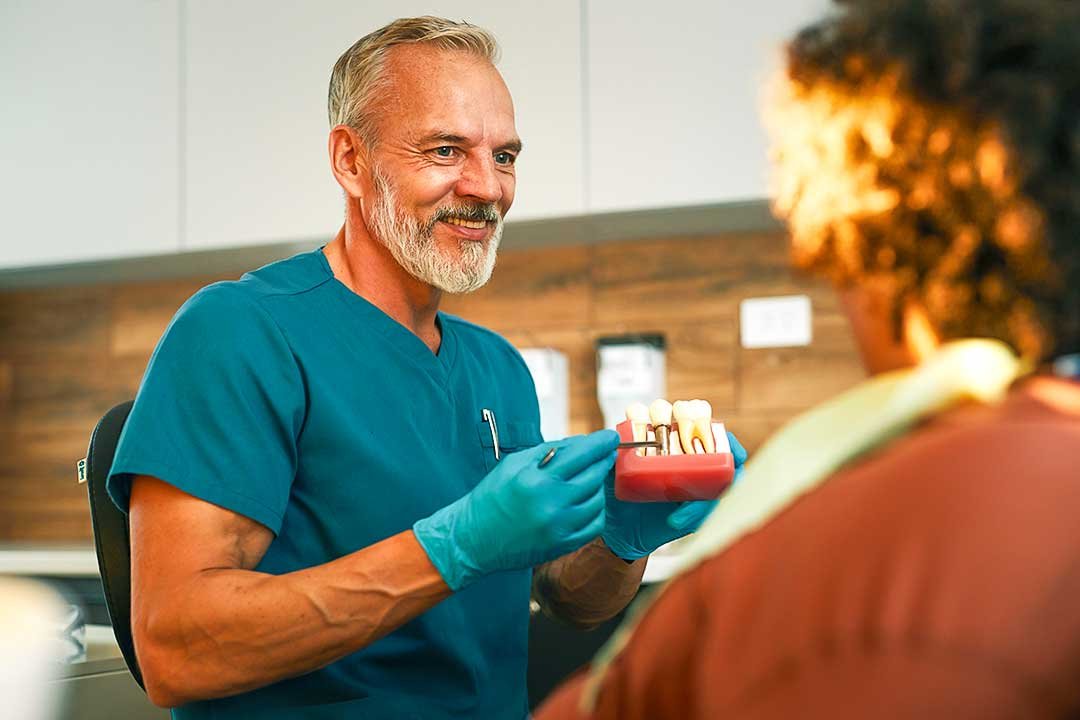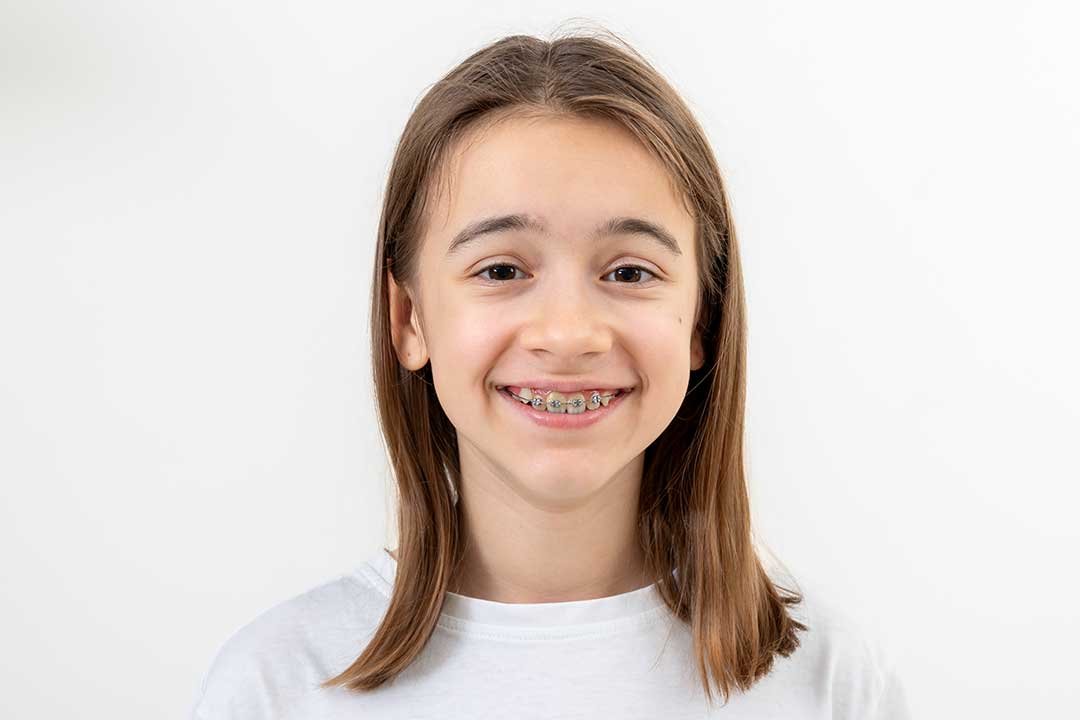Most people don’t think twice about how they breathe. But here’s the truth: the way you breathe has a big impact on your health. And yes—mouth breathing is a real concern, whether you’re a child or an adult.
Why Our Bodies Prefer Nose Breathing
Our noses are designed for breathing. They:
- Filter dust, allergens, and germs
- Humidify and warm the air before it reaches the lungs
- Support optimal oxygen absorption
When you bypass the nose and breathe through your mouth, you skip all of these natural safeguards. That’s when problems can start.
The Impact on Children
The American Academy of Pediatric Dentistry (AAPD) recognizes mouth breathing as a symptom of sleep-disordered breathing and obstructive sleep apnea in kids. Why is this a concern?
In short: for kids, mouth breathing is not just a “phase” they’ll grow out of. It can interfere with oral health, healthy facial development, and quality of sleep.
The Impact on Adults
The American Academy of Dental Sleep Medicine (AADSM) highlights mouth breathing as a red flag for sleep-disordered breathing in adults as well. The risks are slightly different but just as important:
When to Take Action
Mouth breathing isn’t something to ignore—whether you notice it in yourself or in your child. Here are some signs that it’s time to seek professional help:
What You Can Do
At SameDay Dental Clinic, Dr. Tina Rokadia is our Airway Dentist, qualified by the American Academy of Dental Sleep Medicine (AADSM). She is professionally trained to treat patients with sleep-disordered breathing—helping both children and adults breathe better, sleep better, and live healthier lives.
Final Thought
So, is mouth breathing really a problem? Yes. For kids, it can change the way their teeth and face develop. For adults, it can rob them of restful sleep and put their overall health at risk. The good news is: once identified, it can be managed with the right care.
Breathing through the nose isn’t just “better”—it’s how our bodies were designed to function. If you or your child are struggling to do that, it’s worth talking to a dentist or sleep specialist who can help.





